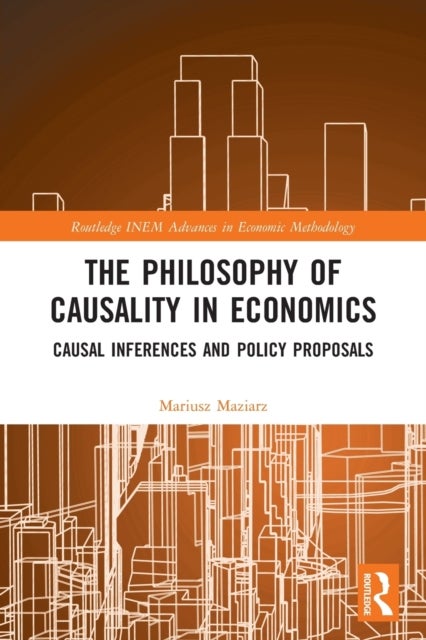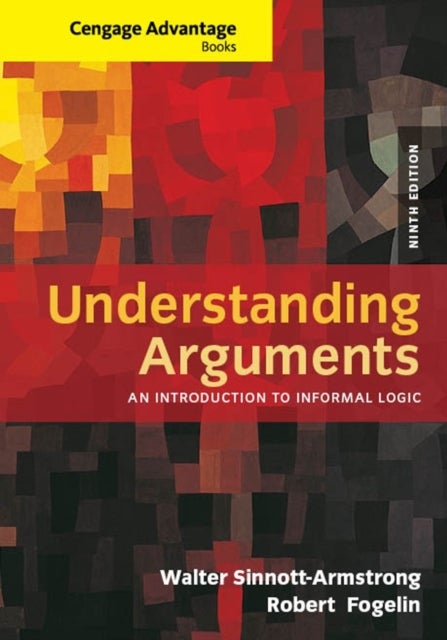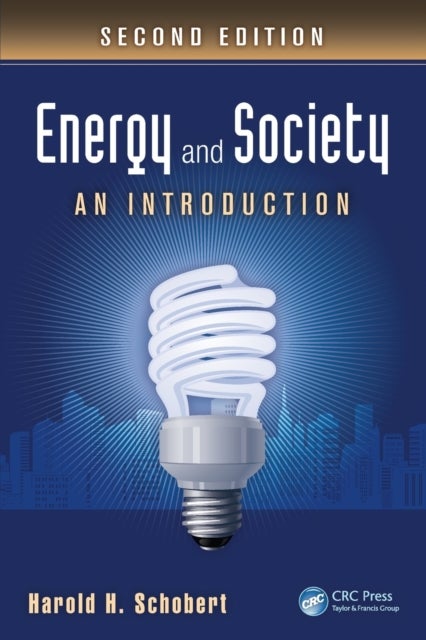
The Philosophy of Causality in Economics av Mariusz Maziarz
629,-
<P>Approximately one in six top economic research papers draws an explicitly causal conclusion. But what do economists mean when they conclude that <EM>A</EM> ¿causes¿<EM> B</EM>? Does ¿cause¿ say that we can influence <EM>B</EM> by intervening on <EM>A</EM>, or is it only a label for the correlation of variables? Do quantitative analyses of observational data followed by such causal inferences constitute sufficient grounds for guiding economic policymaking? </P><I><P></P><P>The Philosophy of Causality in Economics</I> addresses these questions by analyzing the meaning of causal claims made by economists and the philosophical presuppositions underlying the research methods used. The book considers five key causal approaches: the regularity approach, probabilistic theories, counterfactual theories, mechanisms, and interventions and manipulability. Each chapter opens with a summary of literature on the relevant approach and discusses its reception among economists. The text details case








